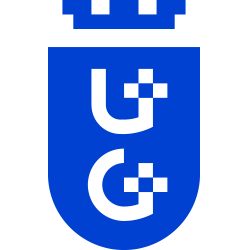
ul. Bażyńskiego 1a 80-952 Gdańsk
Polska
ISNI ID: 0000 0001 2370 4076
GRID ID: grid.8585.0
Marcin Michał Wiszowaty
Przegląd Konstytucyjny, Numer 4 (2018), 2018, s. 26 - 42
Marcin Michał Wiszowaty
Przegląd Konstytucyjny, Numer 4 (2017), 2017, s. 134 - 141